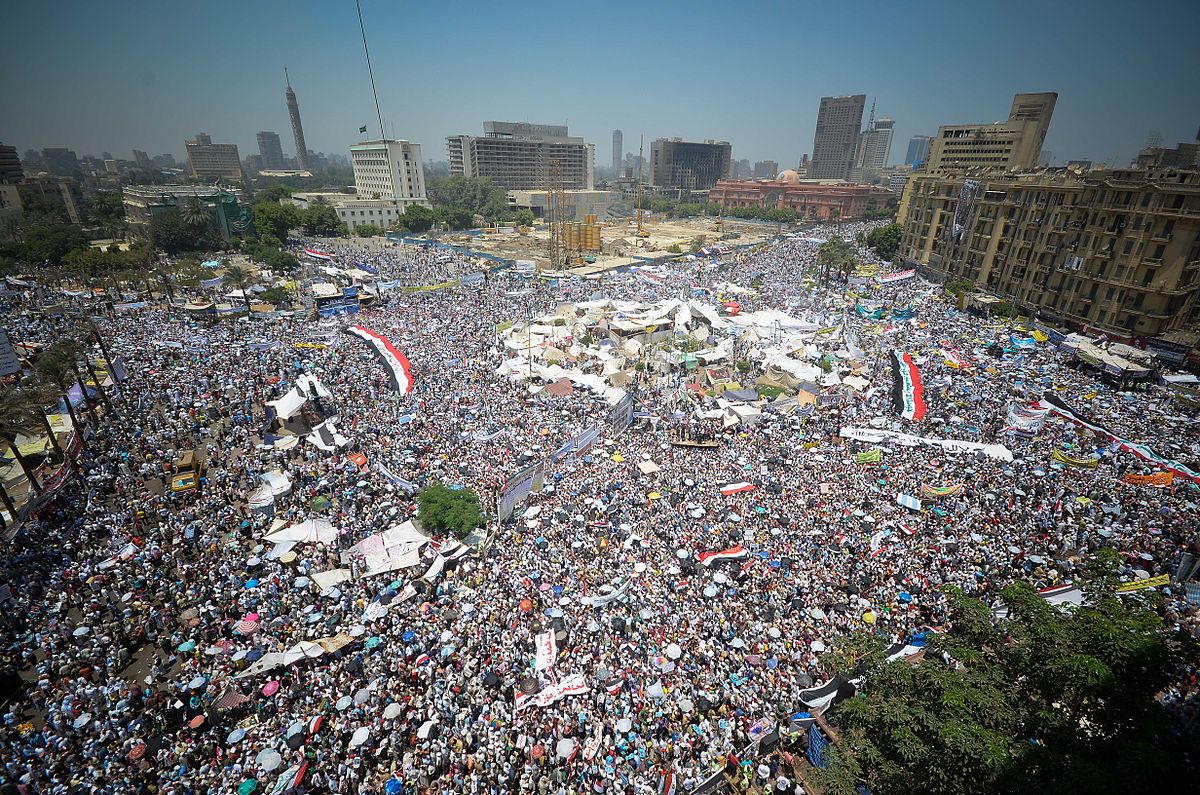Egypt is going through a very difficult, challenging and emotionally exhausting time. Our daily lives are being affected; routines are disturbed in addition to the major stress of not knowing where this is all going.
Mothers are more stressed and angry for repressing their fear and safety concern for their children. Fathers are either exhausted by going to Tahrir or angry because they don't want people to go to Tahrir. Trapped in the middle of all of this, are our young, curious explorers, trying to figure out why mom was crying today, why she suddenly shouted at me for no reason or why mom is fighting with dad and now they are both fighting with our relatives. The television is now always showing violent scenes and parents are not in the mood to smile or play anymore.
Some children are naturally very resilient but others could be affected for life and a third group may suffer of PTSD (Post Traumatic Stress Disorder) which will appear later, maybe even after all of this is over.
Infants and preschoolers may suffer of; Stranger or separation anxiety, avoidance of situations, Sleep disturbances, Posttraumatic play or even lose an acquired developmental skill.
Elementary school children may suffer of; time skew and omen formation, Post traumatic play and re enactment as well as change of child's normal behavior.
This will all depend on three major things;
1. What the child has been exposed to
2. The parents mood and general condition
3. Change of the daily routine
Following are some tips for parents to avoid any psychological effect on their child:
1. Do not subject preschoolers to any of the news or violent scenes, keep them busy with activities and please don't resort to providing them with a full day of TV even if cartoons.
2. As for elementary children, they will be subjected to a lot of information from their friends at school, so they deserve to know the updates and a logical explanation from their parents. But it's wise to avoid comments like "Egypt is going to hell”, “We are all going to a disaster" or any similar catastrophic comments. But make sure, you rejoice any positive news together.
3. Try as hard as you can, to keep your child's daily routine the same, if going to nursery or school is safe, it’s the best option for the children to keep busy in their normal daily activities.
4. Answer the child's questions and inquiries honestly but age appropriately, always with a positive perspective giving hope. Spiritual and religious reasoning is also very enriching and will strengthen the child's resilience to adverse events.
5. Be careful of your reactions in front of the child, for example it's not healthy for a child to see his parent who is the symbol of safety, scared and terrified. This sometimes is out of your control but if you have it in your mind to protect your child, you will instinctively react more bravely.
6. Deal with your children in the best parenting style you know without pampering them or being too dictatorial.
7. Make sure you give your child daily 1:1 time, either playing with them or just having some special time together.
8. Listen carefully to your child, let him draw a picture and talk about it. Children may express their fears in drawings or during play.
9. If your child shows any signs of anxiety, fear or avoidance, refer to a specialist.
10. If you feel your stress is getting out of hand, please refer to a specialist before you start harming your loved ones.
I know it's not easy but try your best with your child's best interest in mind.
Hopefully these hard times will end with a happy outcome that we can all rejoice together.
Best wishes for all the happiness for you and your precious children.
Dr. Mona Youssri
CLC Owner
Child Psychiatrist & Family Counselor

